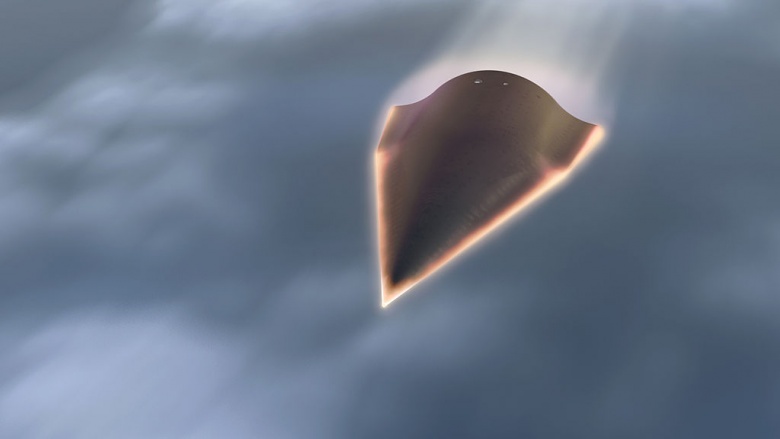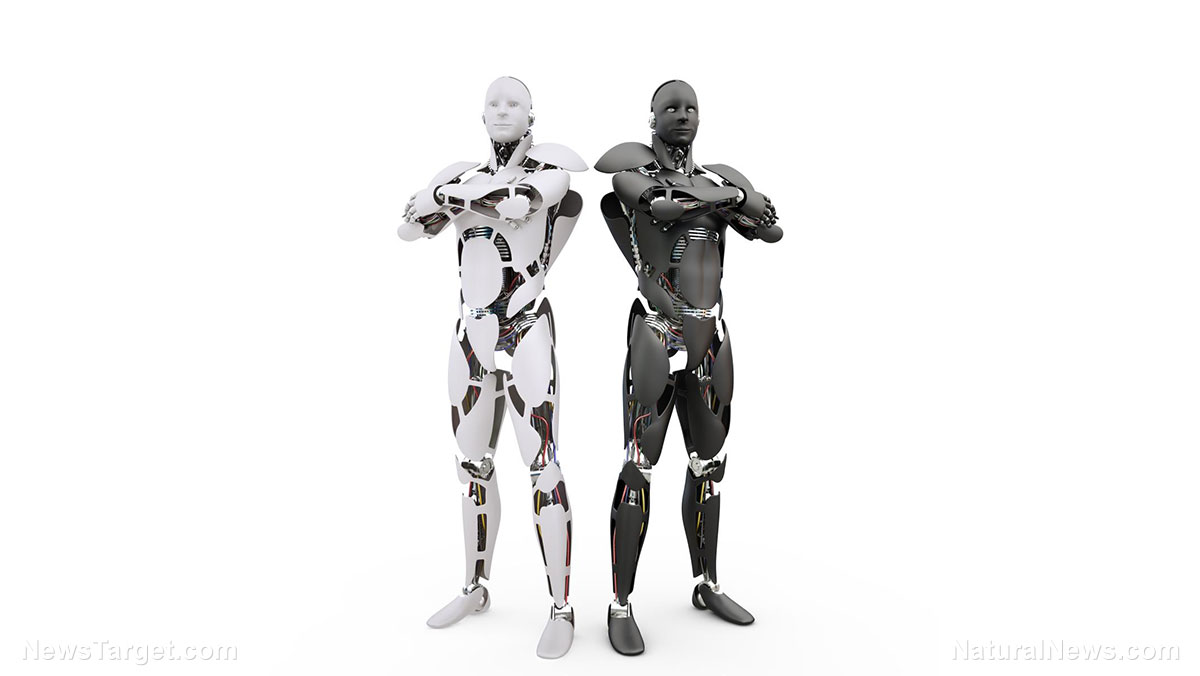Electrifying all US trucks will save the country $485 billion by 2050, pundit claims
03/29/2021 / By Virgilio Marin

Electrifying medium- and heavy-duty trucks reduces pollution-related costs and dramatically improve environmental conditions in poor neighborhoods, according to Jennifer Helfrich, senior manager of state policy at nonprofit sustainability organization Ceres.
During the Ceres 2021 virtual conference on Wednesday, March 24, Helfrich claimed that turning all of the United States’ medium- and heavy-duty trucks into zero-emission vehicles (ZEV) by 2040 would lead to pollution-related cost savings of $485 billion by 2050.
She noted that using light-duty electric vehicles already generates cost savings over the cars’ lifetime. And while the sticker price on electric cars remains higher than its gas and diesel counterparts, Helfrich assured that upfront costs between the vehicles would even up by 2022.
Going electric would also reduce pollution from transportation, which Helfrich said is the top source of greenhouse gas emissions in the United States. She added that heavy-duty trucking accounts for 25 percent of those emissions even though they only make up five percent of all vehicles on the road. She also noted air pollution from heavy-duty vehicles tend to disproportionately affect low-income communities because most shipping hubs and ports are located in those areas.
“The next big frontier in decarbonization is medium- and heavy-duty vehicles,” Helfrich opined. “Investing in electrification is a no-brainer when you pair those cost savings with the significant savings from health and avoided climate risks.” (Related: Chilean government plans to convert the nation capital’s 22,000 taxis into electric vehicles.)
Trucking industry goes electric
Helfrich’s comments came as companies were baring plans to go electric very soon. Last February, E-commerce giant Amazon announced that it started using prototype electric vehicles for real-world deliveries in Los Angeles. The firm said it would spend a few more months testing the vehicles before giving the go-signal to American automaker Rivian to begin mass production.
Rivian, a startup that was able to raise billions of dollars to make electric vehicles, received an order of more than 100,000 delivery trucks from Amazon last 2019. It would be producing medium-duty vehicles with a range of 150 miles for the tech giant. Amazon said that it was planning to put 10,000 trucks on the road by next year.
On Thursday, March 25, Montreal-based ZEV maker Lion Electric announced that it received its largest single order of zero-emission trucks to date. Logistics company Pride Group Enterprises placed the order to integrate all-electric trucks into its operations throughout the U.S. and Canada.
The majority of the trucks would be delivered this year while the remainder would arrive next year. Lion CEO and founder Marc Bedard called the order a “milestone in the adoption and deployment of heavy-duty electric vehicles – further proof that zero-emission freight is here.” (Related: General Motors announces plans to phase out diesel and gasoline cars by 2035 and replace them with electric vehicles.)
Issues hounding electrification of trucks
However, Helfrich noted that it would take strong policies on top of private investments to drive the electrification of the trucking industry. California and New Jersey are among the few states that are active in rulemaking, she said.
Last year, the California Air Resources Board approved an Advanced Clean Trucks regulation, which would require truck makers to sell an increasing number of zero-emission trucks in the state beginning 2024. The board also proposed the Advanced Clean Fleets rule to transition to electric trucks and buses from 2023 to 2045. Board officials said at the Ceres event that the rule, which would require public organizations to buy all-electric ZEVs by 2024, would be tabled in December.
New Jersey plans to implement similar regulations, such as the Advanced Clean Trucks rule, in order to meet its aim to achieve 80 percent reduced emissions by 2050.
But efforts to put more electric vehicles on the road would go for naught if the country’s charging infrastructure were trailing behind. Industry insiders fear that the number of charging stations will not be able to catch up with the growing demand for electric trucks, let alone for electric vehicles in general.
“If you choose the vehicle and didn’t do the infrastructure, you missed the point. The infrastructure is the longer time horizon, the difficult part,” said Bryan Hansel, CEO of Los Angeles-based electric truck maker Chanje Energy Inc.
“Those are going to be sitting idle in a parking lot for six to nine months at best,” he said of future trucks. “This is going to be the Achilles’ heel of the industry.”
Learn more about America’s plans to electrify transportation at RoboCars.news.
Sources include:
Tagged Under: cars, Clean Energy, electric cars, electric trucks, electric vehicles, environment, future cars, future tech, green energy, green living, green tech, greenhouse gases, sustainable living, technology, transportation, trucks
RECENT NEWS & ARTICLES
COPYRIGHT © 2017 FUTURETECH.NEWS
All content posted on this site is protected under Free Speech. FutureTech.news is not responsible for content written by contributing authors. The information on this site is provided for educational and entertainment purposes only. It is not intended as a substitute for professional advice of any kind. FutureTech.news assumes no responsibility for the use or misuse of this material. All trademarks, registered trademarks and service marks mentioned on this site are the property of their respective owners.





















